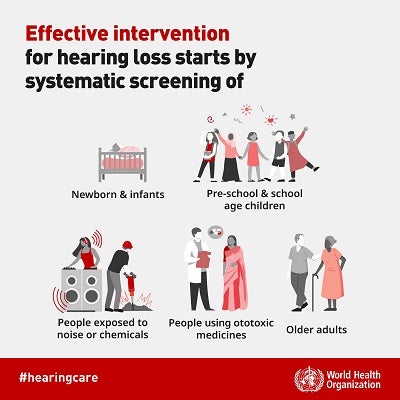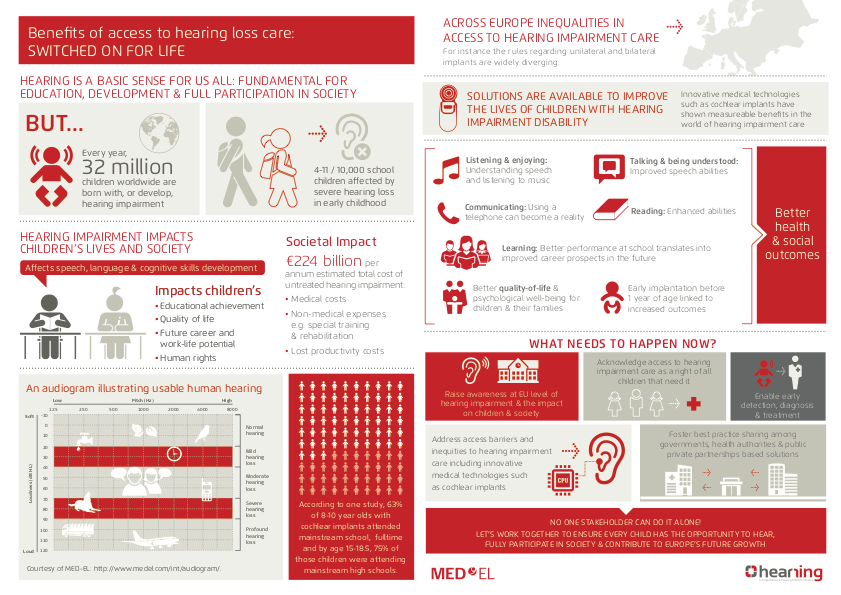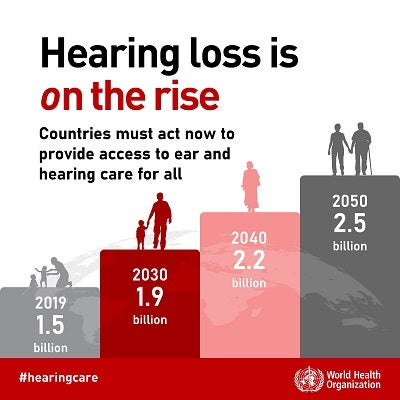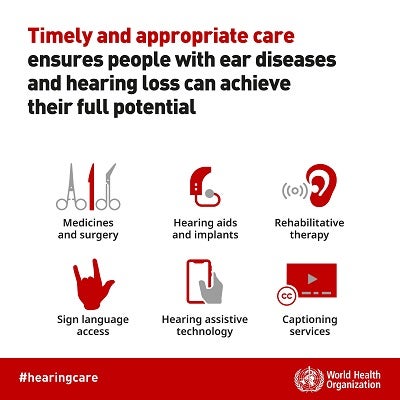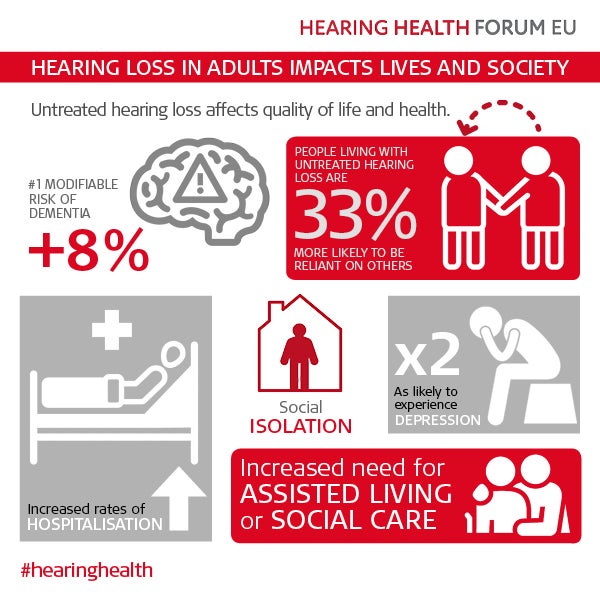Across the EU, the cost of unemployment, reduced productivity, and early retirement due to untreated hearing loss is €185 billion per year (Shield, 2019). This is €17 billion more than the EU budget in 2020.
When expenses or medical costs for other comorbidities are included, the true cost of hearing loss is estimated to be €213 billion.
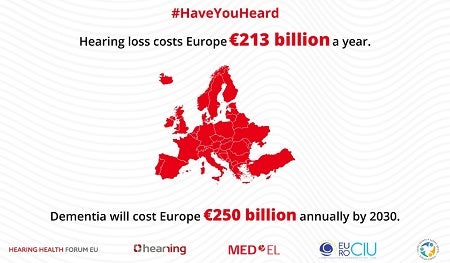
In Western Europe, the primary cause of years lost to disability is untreated hearing loss (Davis, 2016). Besides the increased costs associated with specialist educational costs, reduced earning potential, and double unemployment rate, hearing loss also increases the use of hospitals, assisted living, and social care services. The health effects include:
- Cognitive decline
- Depression
- Anxiety
- Social isolation
- Falls
- Fatigue
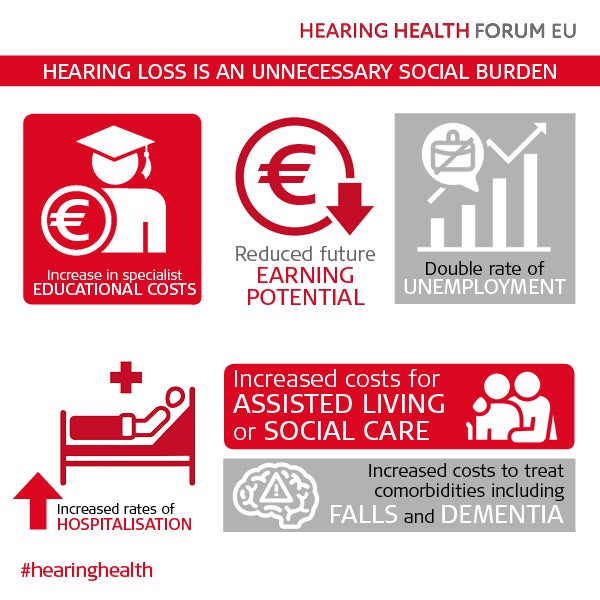
The index of disability-adjusted life years (DALYs) has identified that adult hearing loss will rise to 2.9%. The cost of this reduced quality of life for 196 million Europeans living with hearing loss stands at €67 billion.
Cost Effective Hearing Care in Europe: Spend to Save
Effective treatment for hearing loss with a person-centred approach to ear and hearing care can reduce or nullify the associated health effects. Cost effective hearing care can also reduce the burden for citizens as well as Europe's health and social care systems. The WHO shows us that countries can deliver positive health benefits and see returns up to $16 for every $1.40 invested in hearing care.
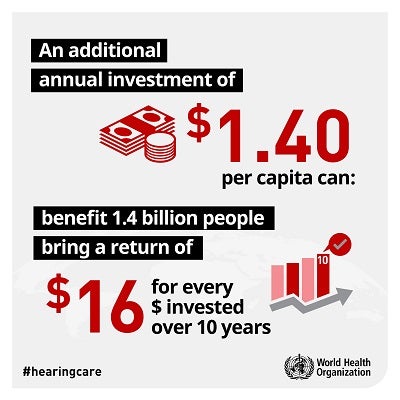
Savings can begin in childhood. As many children living with cochlear implants develop the listening, speech and language skills needed to attend a mainstream school, the cost saving are clear:
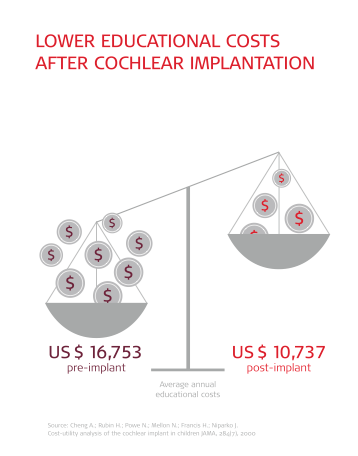
Read more about hearing loss in children
Research shows us the positive economic impact of treating progressive hearing loss in adults. A study of nearly 100 cochlear implant wearers showed that after 6 years their employment rates increased by 10% and 31% increased their income enough to change income brackets (Clinkard, 2015).
In the UK, the National Hearing Screening Programme for citizens over 65 could save €2.34bn within 10 years (Lamb et al, 2016).
Read more about hearing loss in adults
How can Policy Makers help?
- Raise awareness of the importance of hearing health, the impact of hearing loss and the benefits of hearing loss treatment among the public and healthcare professionals.
- Promote the need for robust national hearing health strategies including diagnosis, rehabilitation, service and maintenance.
- Acknowledge access to professional hearing care as a right.
- Promote access to effective treatments including hearing aids, bone conduction devices, and cochlear implants.
- Explore and invest in effective methods of prevention and rehabilitation for hearing loss.
- Share best practices among EU Member States.

